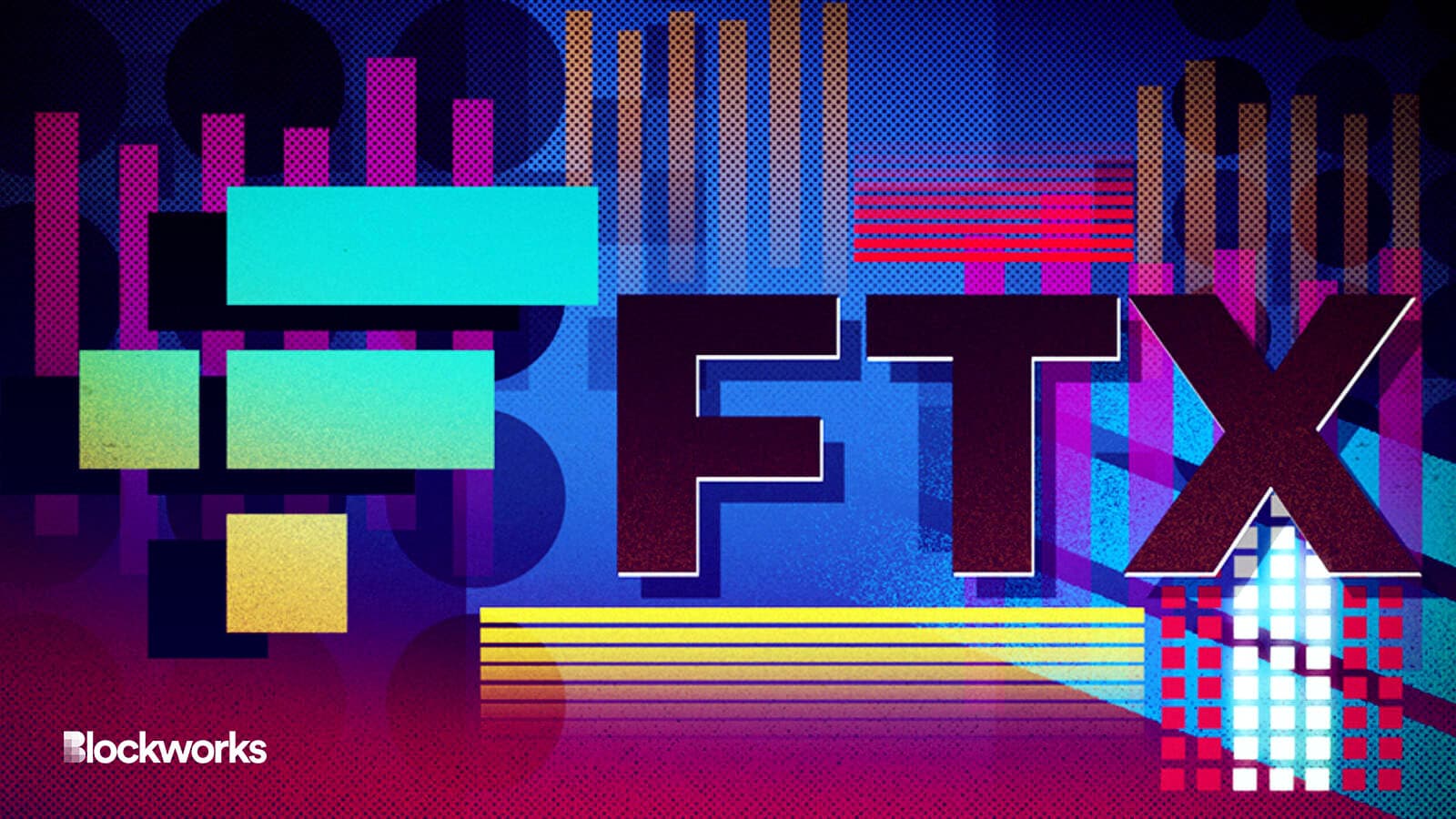Fed: FTX Collapse Didn’t Pose Broader Market Risk to Financial System
In minutes from its meeting in December, the Fed said FTX’s collateral damage has not impacted the broader financial system

Blockworks exclusive art by Axel Rangel modified by Blockworks
FTX’s collapse did not pose a risk to financial markets outside of crypto, the Federal Reserve said at its most recent policy setting meeting in December.
In minutes from its 2022 Federal Open Market Committee Meeting, released Wednesday, the central bank acknowledged that FTX’s failure has severely impacted the digital asset ecosystem.
“While the spillovers from this situation had been significant among other crypto lenders and exchanges, the collapse was not seen as posing broader market risks to the financial system,” the minutes read.
Central bankers, who referred to FTX as “a prominent crypto-asset exchange” in the minutes, noted that inflationary pressures likely mean higher rates will remain for the foreseeable future. Committee members did acknowledge that “significant” progress on the inflation front has been achieved through rate hikes.
The Fed remains committed to price stability and ensuring that markets are not too startled by any rate decision, central bankers added.
“Participants noted that, because monetary policy worked importantly through financial markets, an unwarranted easing in financial conditions, especially if driven by a misperception by the public of the committee’s reaction function, would complicate the committee’s effort to restore price stability,” the minutes read.
At its December meeting, the Fed opted to raise interest rates by 50 basis points, ending its 75 basis points hiking streak that lasted four consecutive meetings.
The minute’s release comes one day after FTX founder Sam Bankman-Fried appeared in New York to enter his pleas of not guilty. Bankman-Fried is set to face trial on eight charges, including money laundering and campaign finance violations, on Oct. 2, 2023. The charges carry a maximum sentence of 115 years.
Get the news in your inbox. Explore Blockworks newsletters:
- The Breakdown: Decoding crypto and the markets. Daily.
- 0xResearch: Alpha in your inbox. Think like an analyst.






